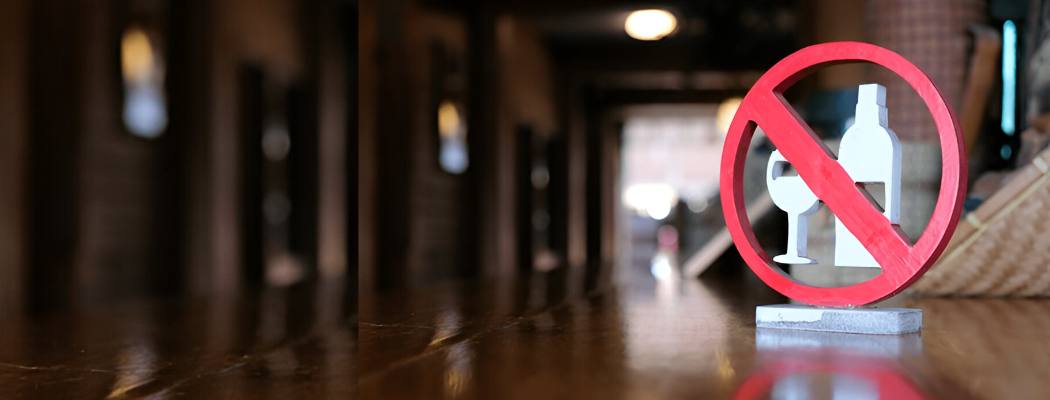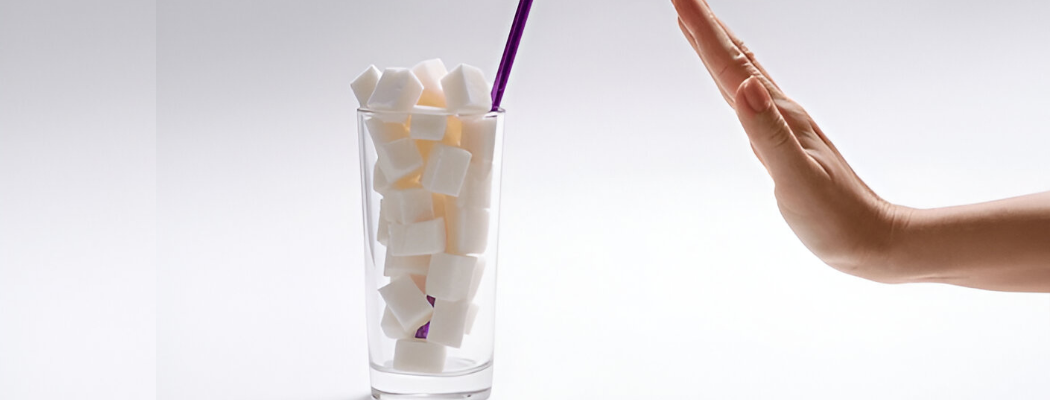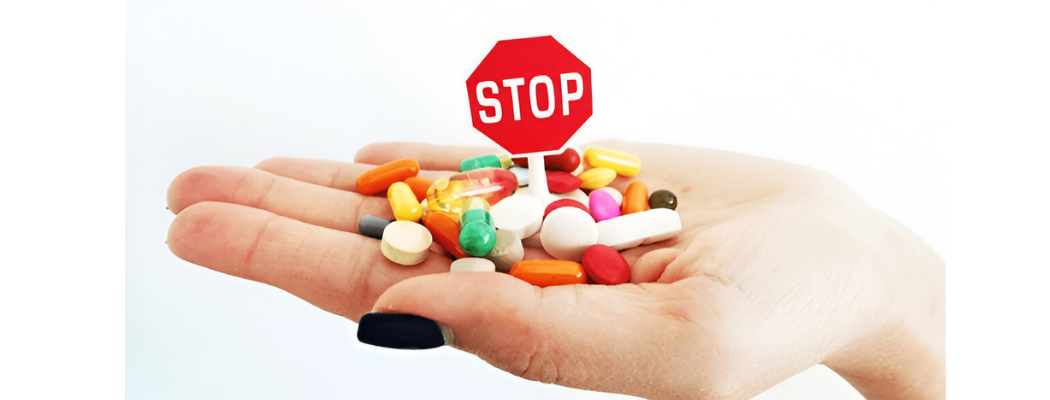_6870b3aa448b8.png)
5 min read
Friday, 11 July, 2025
Introduction
The liver is one of the most vital organs in the human body, responsible for numerous essential functions, including detoxification, metabolism, digestion, and the production of crucial proteins. However, various factors can damage the liver, leading to conditions such as liver cirrhosis. Cirrhosis is a progressive disease where healthy liver tissue is replaced by scar tissue, severely impairing liver function.
Preventing liver cirrhosis is key to maintaining overall health and avoiding complications such as liver failure or liver cancer. Fortunately, lifestyle modifications and proactive medical care can significantly lower the risk of cirrhosis. In this blog, we will explore seven effective ways for prevention of liver disease and how to keep liver healthy.
What is Liver Cirrhosis?
Liver cirrhosis is a late-stage liver disease that occurs due to long-term damage and scarring of liver tissue. Over time, as scar tissue replaces healthy cells, the liver becomes unable to perform its normal functions. This can lead to severe health complications, including portal hypertension, liver failure, and an increased risk of liver cancer.
Causes of Liver Cirrhosis
Some of the leading causes of cirrhosis include:
-
Chronic alcohol consumption
Excessive drinking is one of the most common causes of cirrhosis, leading to alcoholic liver disease. Understanding how to prevent alcoholic liver disease is crucial in reducing cirrhosis risk. -
Hepatitis B and C infections
These viral infections can cause chronic liver inflammation, which eventually results in cirrhosis. -
Non-Alcoholic Fatty Liver Disease (NAFLD)
Fat accumulation in the liver, often linked to obesity and metabolic disorders, can progress to cirrhosis. Learning how to reduce fatty liver through diet and exercise is essential in preventing liver disease. -
Autoimmune liver diseases
Conditions such as autoimmune hepatitis can lead to chronic inflammation and scarring. -
Genetic liver diseases
Disorders such as Wilson’s disease or hemochromatosis can increase the risk of liver damage. -
Prolonged exposure to toxins and medications
Certain drugs, chemicals, and toxins can harm liver cells over time.
Understanding the causes of cirrhosis helps in adopting preventive measures to protect liver health.

Effective Ways to Prevent Liver Cirrhosis
1. No Alcohol Consumption
Alcohol consumption is a major contributor to liver cirrhosis. When alcohol is metabolized in the liver, it produces harmful toxins that cause inflammation and damage liver cells. Over time, chronic alcohol use leads to fibrosis (scarring), which eventually progresses to cirrhosis.
Prevention Tips:
If struggling with alcohol dependency, seek medical advice or support groups such as Alcoholics Anonymous.

2. Maintain a Balanced Diet for Liver Health
Eating a healthy, well-balanced diet plays a crucial role in liver health. Nutrient-rich foods help the liver function efficiently and reduce the risk of fatty liver disease and cirrhosis. A proper liver cirrhosis diet can slow disease progression and promote healing.
Key Dietary Recommendations:
- Increase fiber intake: Eat plenty of fruits, vegetables, and whole grains to support digestion and liver detoxification.
- Choose healthy fats: Opt for sources like olive oil, avocados, nuts, and fatty fish instead of saturated fats.
- Reduce processed foods: Avoid foods high in refined sugars, trans fats, and preservatives that contribute to liver stress.
- Incorporate liver-friendly foods: Turmeric, garlic, leafy greens, and green tea contain antioxidants that protect liver cells.
- Know foods to avoid with cirrhosis of the liver: Limit high-sodium foods, fried items, and processed meats to reduce liver strain.

3. Stay Hydrated and Avoid Sugary Drinks
Proper hydration is essential for liver function. Water helps flush out toxins and supports metabolic processes in the liver. On the other hand, sugary drinks, such as sodas and energy drinks, contribute to weight gain and increase the risk of non-alcoholic fatty liver disease (NAFLD).
4. Exercise Regularly and Maintain a Healthy Weight
Being overweight or obese significantly increases the risk of developing NAFLD, which can progress to cirrhosis. Regular physical activity helps maintain a healthy weight, reduces liver fat accumulation, and improves insulin sensitivity. Learning how to improve liver function through lifestyle changes, including exercise, is key to preventing liver disease.
5. Get Vaccinated Against Hepatitis B and C
Hepatitis B and C infections are major risk factors for cirrhosis. Vaccination and early detection through screening can prevent these infections from causing severe liver damage.

6. Avoid Excessive Use of Medications and Supplements
The liver metabolizes medications and supplements, and excessive use can lead to toxicity and liver damage. Many over-the-counter pain relievers, such as acetaminophen (Tylenol), can cause liver toxicity if taken in high doses. Being mindful of medication use is crucial for the prevention and treatment of liver cirrhosis.
7. Go for Regular Liver Check-Ups and Screenings
Routine liver function tests help detect early signs of liver damage before it progresses to cirrhosis. Those at higher risk should undergo regular screenings to monitor liver health. Consulting a liver specialist in Bangalore can help assess risk factors and guide preventive care.
Risk Factors for Liver Cirrhosis
Several factors can increase the risk of developing cirrhosis, including:
- Chronic alcohol use
- Hepatitis B and C infections
- Non-alcoholic fatty liver disease (NAFLD)
- Genetic liver conditions
- Long-term use of hepatotoxic medications
- Autoimmune liver diseases
Recognizing these risk factors of liver cirrhosis can help individuals take proactive steps to protect their liver health.

Conclusion
Preventing liver cirrhosis requires a combination of healthy lifestyle choices, dietary modifications, and regular medical check-ups. For those already diagnosed, knowing how to reduce liver cirrhosis through lifestyle changes and medical intervention is crucial. The best treatment for liver cirrhosis depends on its cause and stage, ranging from medication to liver transplantation in severe cases. If you suspect any liver-related issues, consulting a liver hospital in Bangalore for expert medical care can provide the best possible outcomes.
Prioritizing liver health today can lead to a longer, healthier life. If you have concerns about liver disease, consult a healthcare professional for guidance on preventive measures and screenings.
Your liver is a crucial organ—take care of it, and it will take care of you!
FAQ’s
1. What are the first symptoms of liver damage?
Early symptoms of liver damage include fatigue, loss of appetite, nausea, mild abdominal pain, and unexplained weight loss. As it progresses, symptoms like jaundice, dark urine, and swelling in the legs or abdomen may appear.
2. What are the best foods to detox the liver?
Foods like leafy greens, turmeric, garlic, citrus fruits, beetroot, and green tea help detox the liver by supporting its natural cleansing processes and reducing inflammation.
3. How do I know if my liver is healthy?
A healthy liver typically shows no symptoms. Regular blood tests (Liver Function Tests), ultrasounds, and monitoring of energy levels, digestion, and skin health can indicate liver health.
4. Can liver cirrhosis be reversed if caught early?
In its early stages, liver cirrhosis caused by conditions like fatty liver disease or hepatitis can sometimes be slowed or reversed with lifestyle changes, proper diet, and medical intervention. However, advanced cirrhosis is irreversible.


 Neurosciences
Neurosciences Bariatric Surgery
Bariatric Surgery